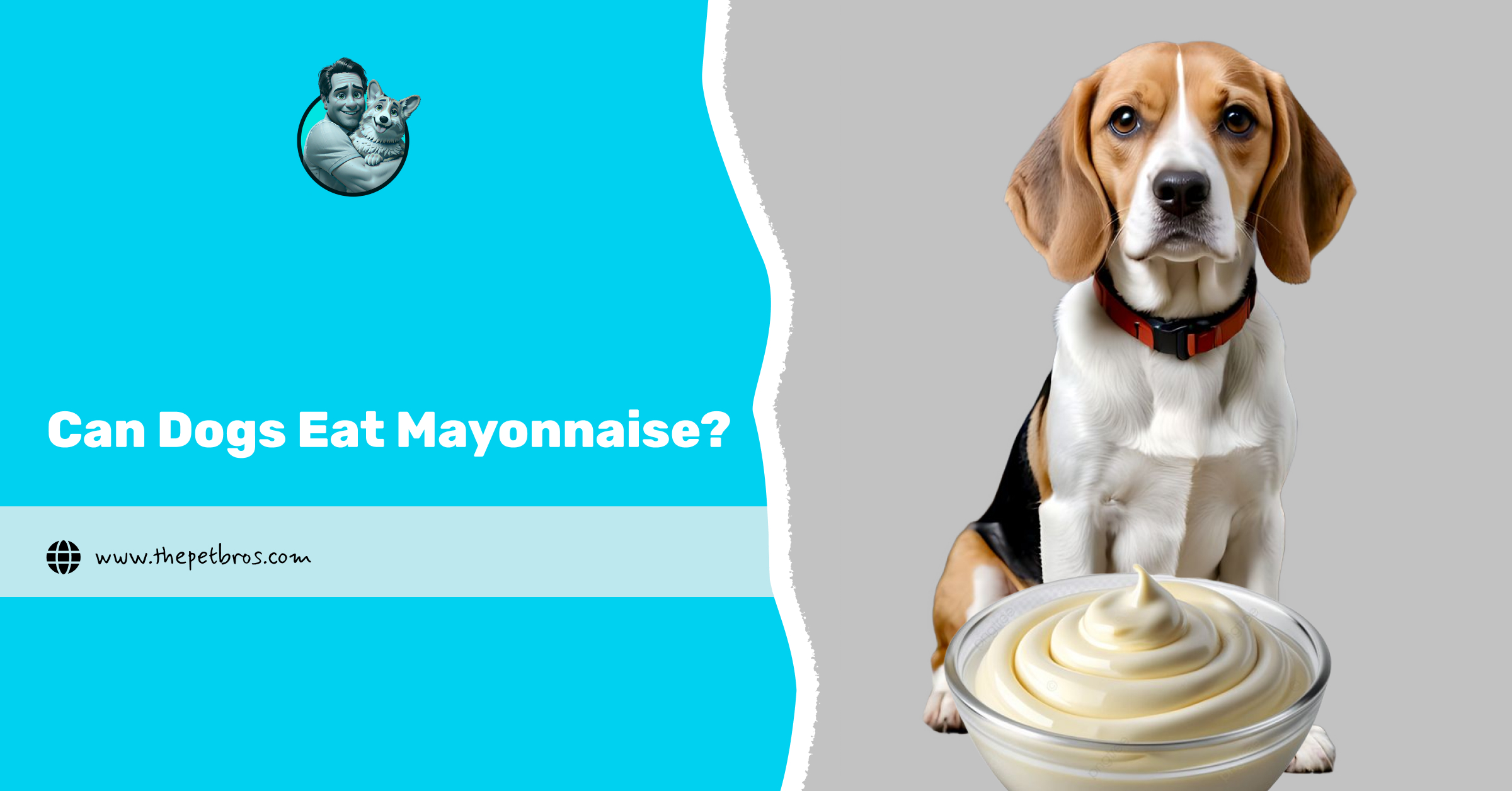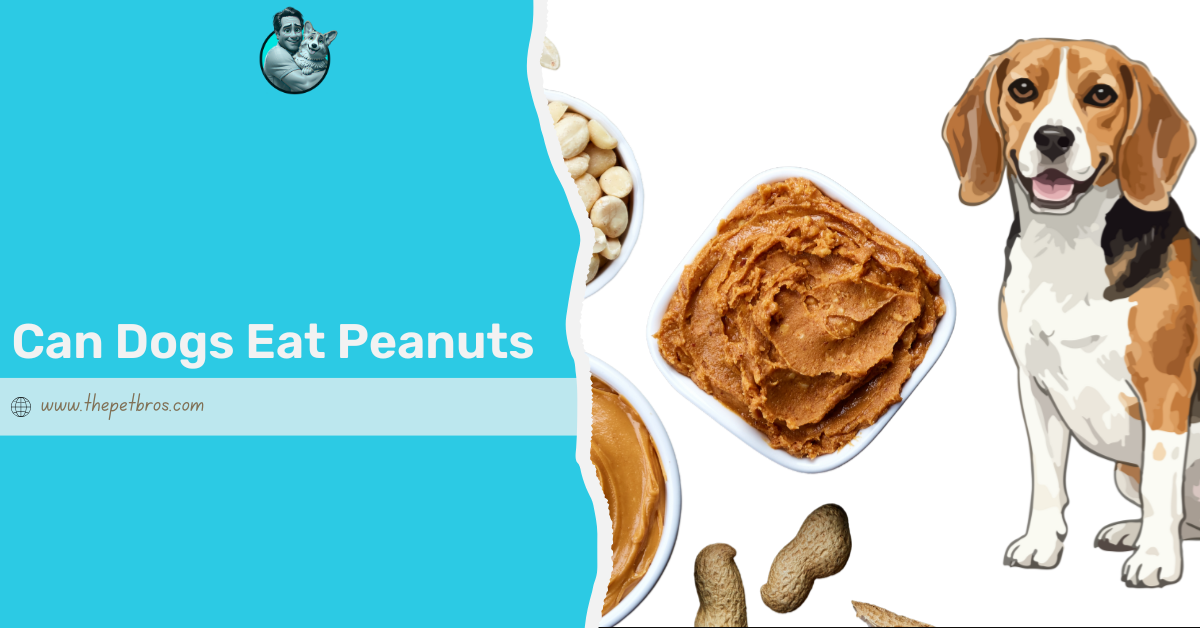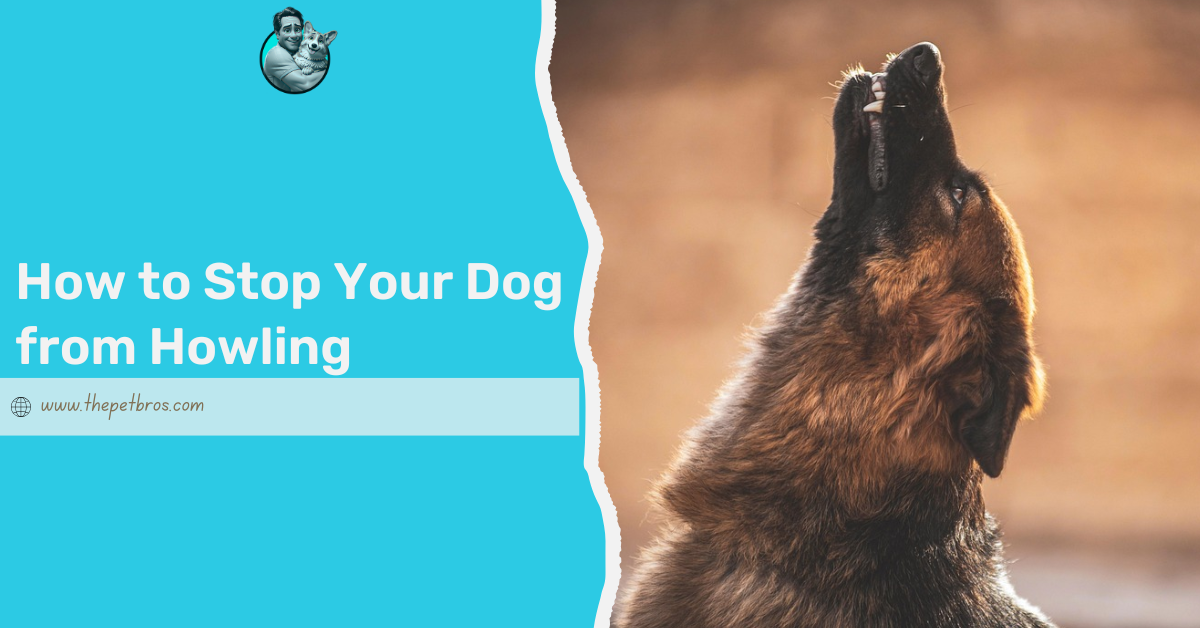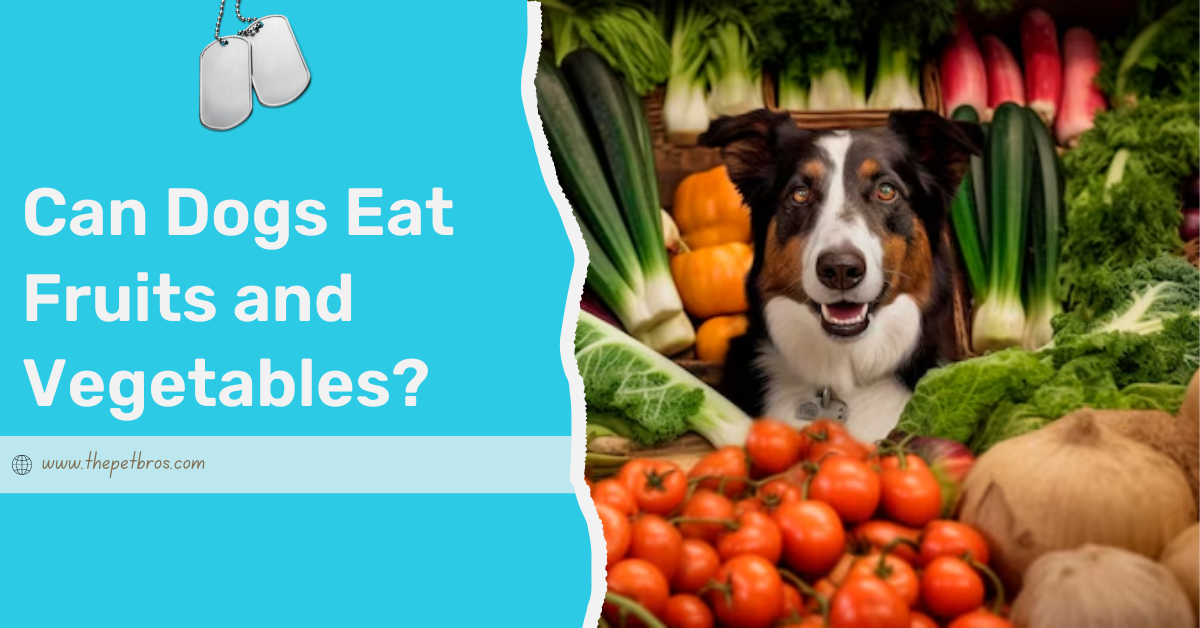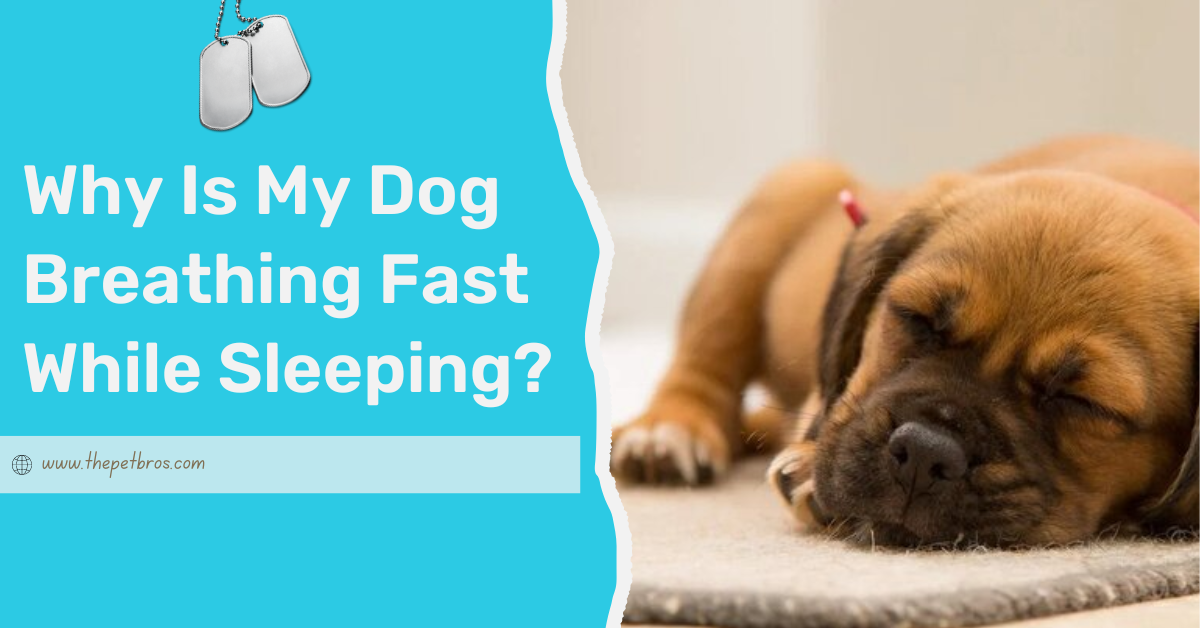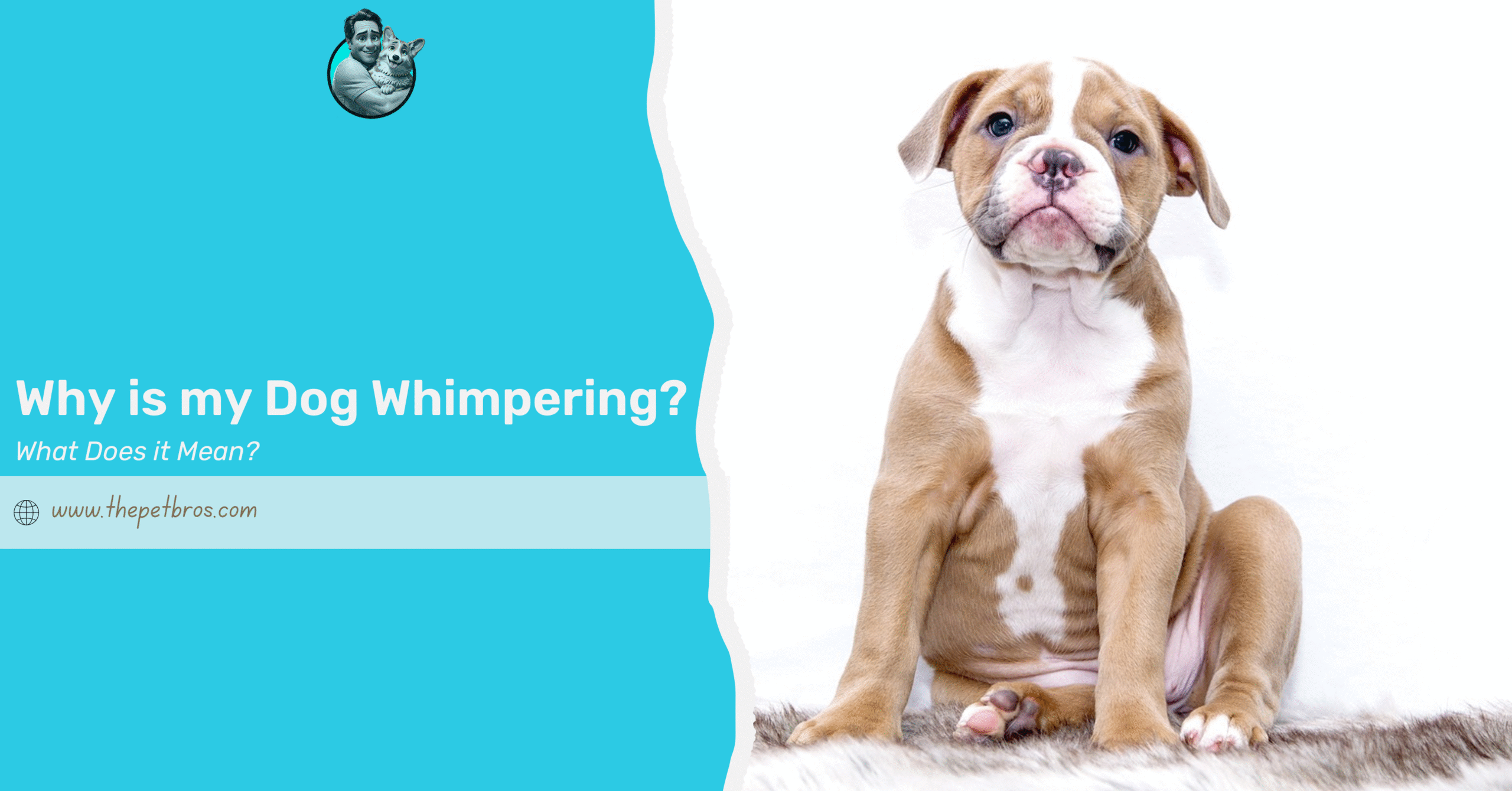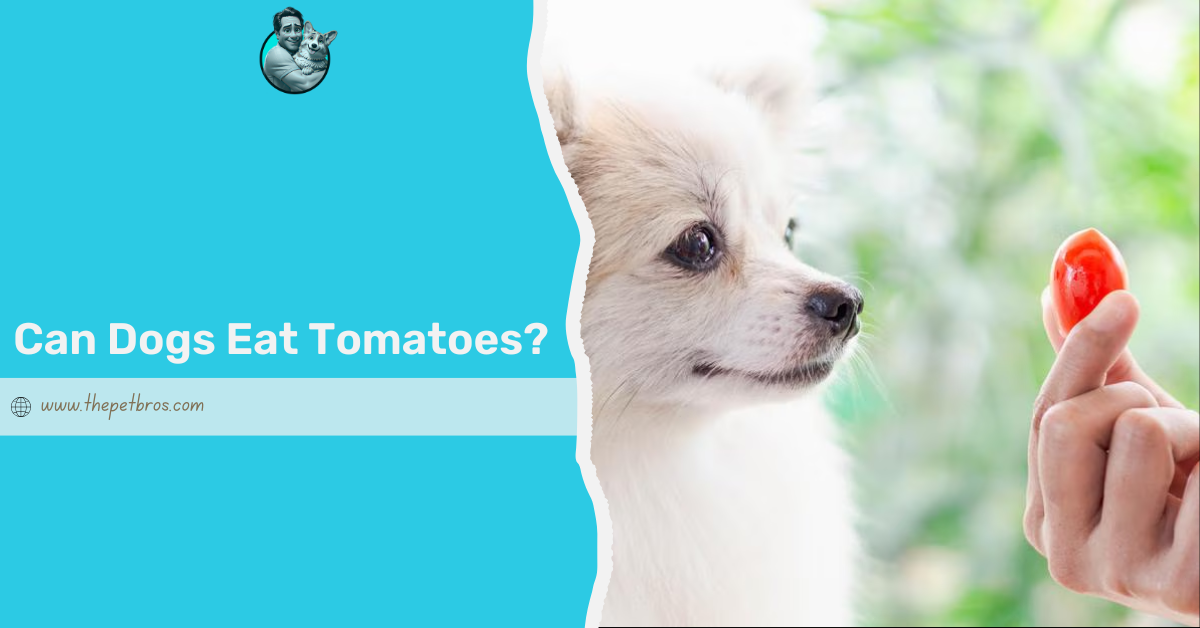If there’s one thing dogs are great at, it’s making us feel guilty while we’re eating. You’re spreading mayo on a sandwich, and suddenly, there’s your pup giving you the “just one bite” stare. Here’s the big question: “Can dogs eat mayonnaise?”.
Technically, yes, a lick of mayo won’t poison your dog. However, we must understand that mayonnaise is essentially just oil and egg yolk whipped together, with a fat content so high that even one spoonful can exceed a small dog’s daily fat limit. In other words, while mayo isn’t toxic, it has zero nutritional benefits for your pup. And, at the same time, too much can lead to upset stomachs, weight gain, or even pancreatitis in sensitive dogs.
So before you let your furry friend taste that sandwich spread, let’s look at why mayo might not be right for your dog, what the risks are, and whether there are better alternatives to share.
Can Dogs Eat Mayonnaise and Is It Safe?
Yes, dogs can eat mayonnaise, but that doesn’t mean they should. Mayo isn’t toxic, but it’s high in fat and offers little to no nutritional benefit. It’s made from oil, egg yolks, and vinegar or lemon juice, ingredients that sound harmless but can quickly add up to more fat than your dog needs in a day.
A small lick off your sandwich is unlikely to cause harm, but giving mayonnaise regularly can lead to weight gain, stomach upset, or even pancreatitis in some dogs. If you’re tempted to share something creamy or tasty with your dog, it’s better to choose foods that actually offer nutritional value. A little plain yoghurt, a small slice of apple, or even some cooked carrots are examples of human foods dogs can eat safely. They add fibre, vitamins, and flavour without the greasy downside.
Can Dogs Eat Mayo if it’s Mixed With Tuna or Other Foods?
You might still wonder, Can dogs eat mayo? Especially when it’s mixed into something like tuna, chicken, or a bit of salad. The answer is technically yes, but it’s not a great idea. Tuna itself can be safe for dogs in small, plain portions, but the moment you add mayo, the fat content spikes. That extra fat can lead to stomach issues, diarrhoea, or even pancreatitis over time.
Things get trickier when the meal includes extras like onion, garlic, or seasoning, which are unsafe for dogs even in small amounts. So while your tuna sandwich might smell irresistible to your furry friend, it’s best to keep it off their menu.
If you’re looking for something to mix into your dog’s meal instead, there are plenty of healthy alternatives that actually benefit them. Try small portions of healthy fruits and vegetables such as cooked carrots, kale, apples (without seeds), or even pumpkin puree. These foods give natural flavour and fibre without the greasy aftermath of mayo.
Can Dogs Eat Mayonnaise in Small Amounts?
Yes, dogs can eat mayonnaise in very small amounts, but that’s where it should stop. A lick here and there won’t hurt, but feeding mayo regularly is asking for trouble. Over time, too much fatty food can upset their digestion, lead to weight gain, or cause pancreatitis. This painful condition often shows up as restlessness or even whining at night due to stomach discomfort.
Some dogs may also react differently to ingredients in mayonnaise, especially if they have sensitivities to eggs or soy. If your dog starts scratching more than usual, develops redness around the paws, or you notice a musty smell from their ears or skin, it might be worth discussing an allergy test with your vet. Sometimes, frequent yeast infections or skin irritation can be linked to what they eat, even something as small as an occasional spoonful of mayo.
Safer Alternatives to Mayonnaise
If your dog gives you the side-eye every time you open a jar of mayo, don’t worry, there are better ways to treat them. These alternatives are tasty, safe, and even come with a few health perks:
- Peanut butter: A classic favourite. It’s creamy, satisfying, and a great source of healthy fats and protein. Just make sure it’s xylitol-free, as that sweetener is toxic to dogs.
- Plain yoghurt: A spoonful of plain, unsweetened yoghurt can be a refreshing alternative to mayo. It’s rich in calcium and probiotics that support digestion.
- Cottage cheese: Soft and mild, this is a good low-fat option that adds flavour without excess grease. It also provides a protein boost for active dogs.
- Mashed pumpkin or sweet potato: Naturally sweet and rich in fibre, these are great for mixing with kibble or serving chilled. Plus, they can help soothe sensitive stomachs.
- Healthy vegetables and fruits: If you want to add some colour to their bowl, go for carrots, apples, blueberries, or cucumbers. These foods are safe for dogs to eat and offer vitamins, hydration, and crunch without the fat overload.
What Should You Do if Your Dog Eats Too Much Mayo?
Mayonnaise isn’t toxic to dogs, but it’s not doing them any favours either. While a small lick won’t cause harm, the high fat content can easily upset their stomach or lead to long-term issues like pancreatitis or weight gain. It’s best to skip the mayo altogether and stick with healthier options.
FAQs
Can dogs eat tuna and mayonnaise?
Tuna on its own (in small amounts, plain, and without seasoning) is fine for dogs, but mayo adds unnecessary fat. Best to skip the mayo.
Can dogs have cheese?
Yes, most dogs can enjoy small amounts of plain cheese. It’s high in fat, so offer it sparingly.
Can dogs have ketchup?
No, ketchup is not recommended. It often contains salt, sugar, and sometimes onion or garlic powder, which are unsafe for dogs.
Can a dog eat a pickle?
Pickles aren’t toxic, but they’re usually high in salt and vinegar. It’s best not to feed them to dogs.
Can dogs have bread?
Yes, plain bread is safe in small amounts. Avoid bread with raisins, garlic, onion, or other toxic ingredients.
Can dogs have bananas?
Yes, bananas are a safe and healthy snack in moderation. They’re full of potassium and vitamins, but also natural sugars, so keep portions small.






